DePauw University’s alumni ranks boast a tremendous number of graduates who are successful in many walks of life.
For some, however, “success” – at least in the traditional sense – may be hard to define. Maybe it’s fleeting or elusive. Maybe it’s unattainable.
Yet something drives these alumni to take on difficult, even intractable problems, accept seemingly insurmountable challenges and try to make a difference, perhaps to only one person at a time. To summon the courage and the tenacity and the chutzpah to dig deep. To seek solutions.
What made Karen Koning AbuZayd ’63 devote her life to improve the lot of refugees? Why has Betsy Hake ’79 spent 40 years rescuing prostitutes and abused or abandoned children in Honduras?
What caused Sally Smerz Grooms Cowal ’66 to devote half of her work life to easing foreign relations and half to battling HIV/AIDS and cancer? What drove Edward Greene ’71 to buck the notion that men don’t care about child development and pursue a long career in it?
What makes these folks and other solution seekers who have passed through DePauw tick?
“Many of them don’t necessarily have, particularly in the short term, intrinsic rewards, right? So it’s not like every day you go and do this, you’re going to go, ‘Oh, that was such a great day,’” said Rob West, the Elizabeth P. Allen distinguished university professor and chair of the Department of Psychology and Neuroscience. “You know, volunteering to help the puppies; every day you get to play with the puppies. It’s great. But what these folks are doing is not.”
It might be what psychologist Angela Duckworth, a professor at the University of Pennsylvania, calls “grit,” West said. His research interests lie elsewhere (he is an expert in cognitive control, decision neuroscience and neuro-cognitive aging), but West is familiar with Duckworth’s work because he uses her Grit Scale in his laboratory, where he and students are looking at self-control and brain activity related to gambling.
Duckworth, a 2013 MacArthur fellow, wrote about grit in her 2016 best-selling book, “Grit: The Power of Passion and Perseverance.” She bases her grit measurement on two characteristics: passion and perseverance.
“You can imagine that folks who are doing difficult things over extended periods of time are going to need to have both of those things,” West said. “You're going to need to care about it over an extended period of time because, when the going gets tough, if you're not really that passionate about it, (you might say) ‘okay, well, I'll just move on to the next thing.’”
Aristotle said “man is by nature a social animal,” and a natural part of being human is wanting to solve problems for one another, said Andrew Cullison, director of the Janet Prindle Institute for Ethics and an associate philosophy professor.
“It stands to reason that what likely gave our very early ancestors survival advantage was their ability to think critically to solve problems and come together as a community to solve problems for the good of the community,” he said. “That’s what separated us from beasts (they couldn’t bother with that). Early humans who played that game and lived in harmony with their community survived, as did their offspring. I wouldn’t be surprised if ‘what makes them tick’ is that there is a natural inclination to be a problem-solver to help others that is inherent to many of us as a species that got us to where we are today.”
Philosophy professor Erik Wielenberg, chair of the Philosophy Department, harkened to “The Star Thrower” by Loren Eisley, one of his favorite stories.
The gist: A man, upon seeing a boy tossing a beached starfish into the sea, questions why; thousands were stranded in a storm, he says, so it is unlikely the boy can make a difference. As the boy returns one to the ocean, he responds: “It made a difference to that one.”
Said Wielenberg: “In many cases, solving the problem isn’t an all-or-nothing thing but rather a matter of degree. There seem to be lots of large-scale problems that are unlikely to be completely solved. However, they can be reduced – and even a small reduction in a huge problem can make a big difference for someone.”
DePauw Magazine
Fall 2021
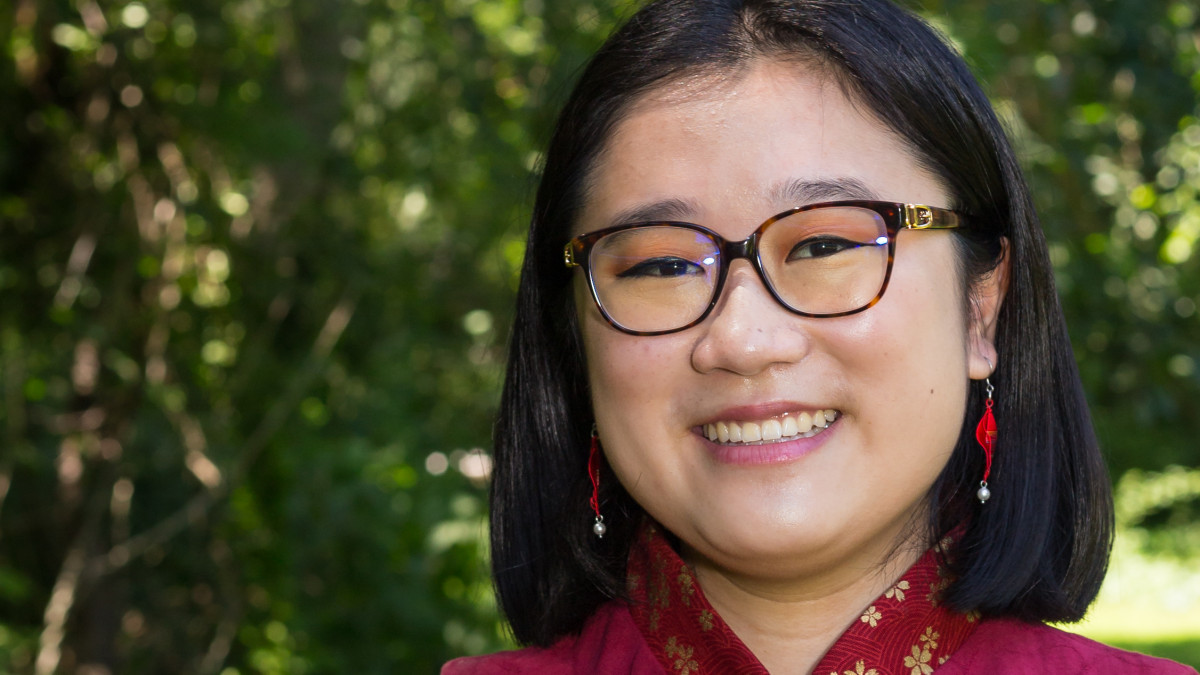 First Person by Emily Chen ’18
First Person by Emily Chen ’18  First-year known for follow-through exemplifies DePauw’s outstanding students
First-year known for follow-through exemplifies DePauw’s outstanding students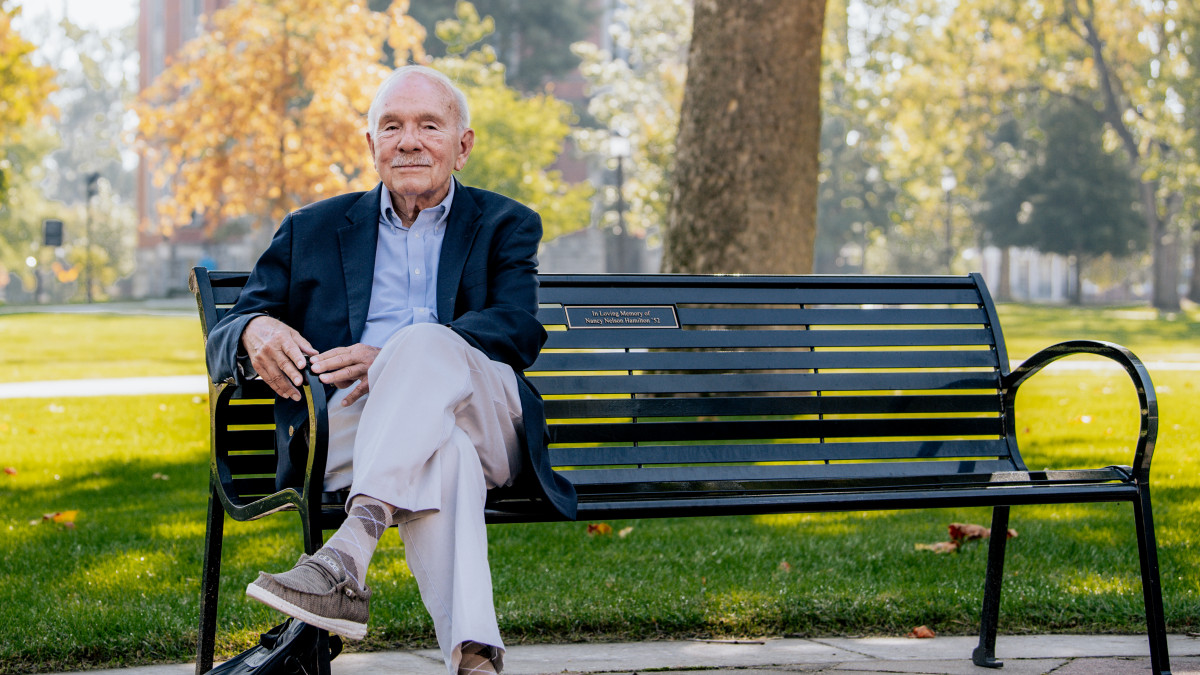 The Bo(u)lder Question by John Dittmer
The Bo(u)lder Question by John Dittmer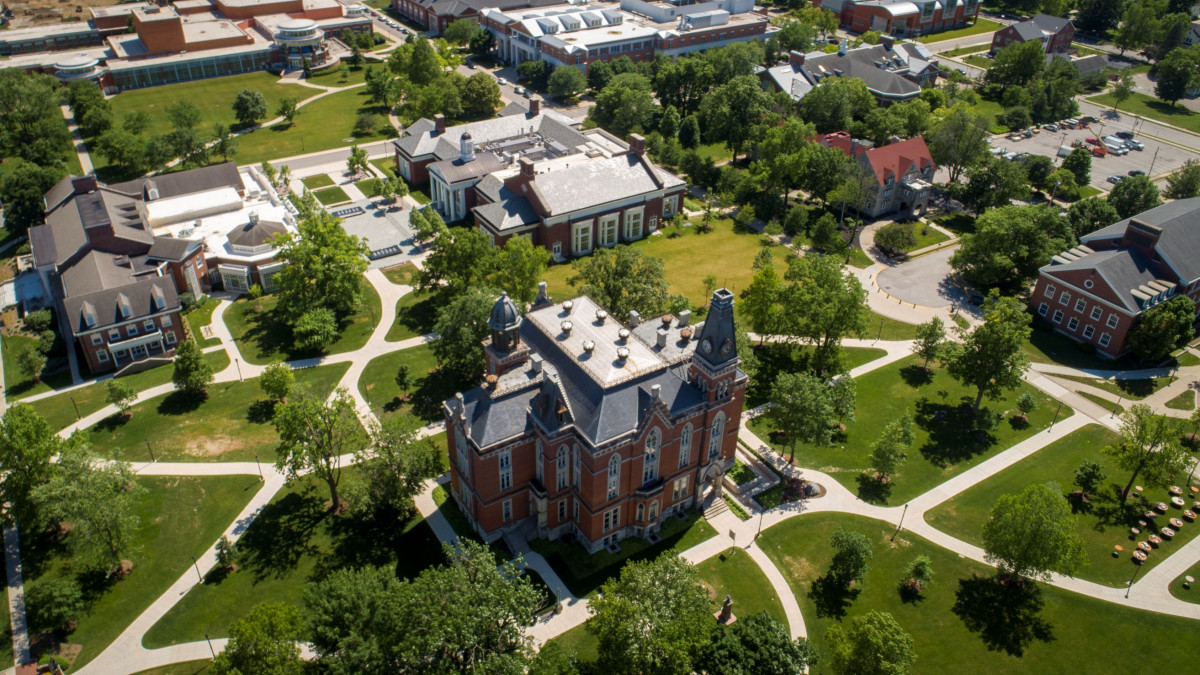 The new VPs: Seeking solutions for admission, alumni
The new VPs: Seeking solutions for admission, alumni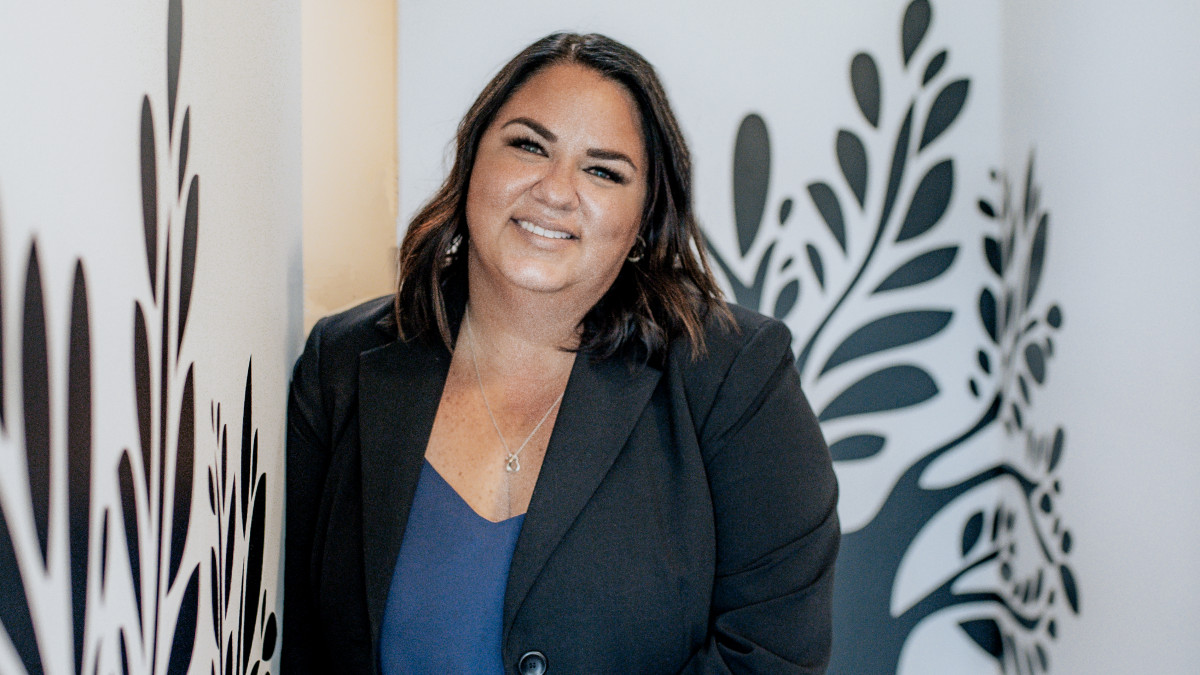 Ashley English ’01: Exhibiting empathy born of experience
Ashley English ’01: Exhibiting empathy born of experience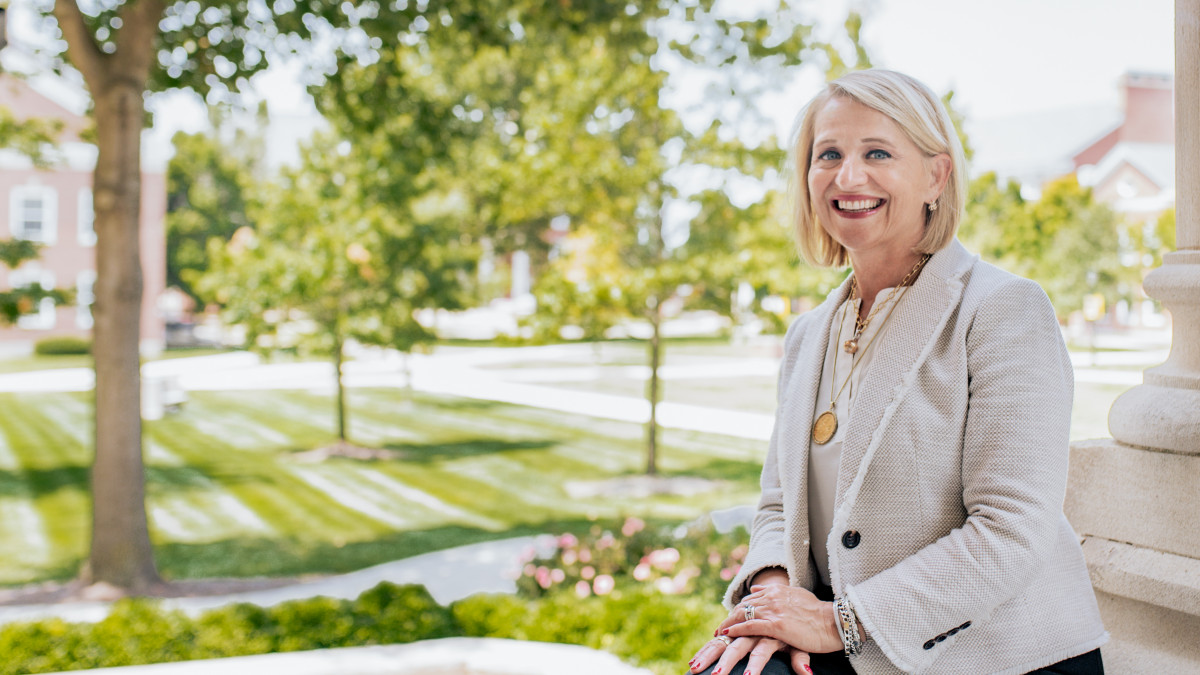 Jennifer Pope Baker ’89: Making noise about quiet problems
Jennifer Pope Baker ’89: Making noise about quiet problems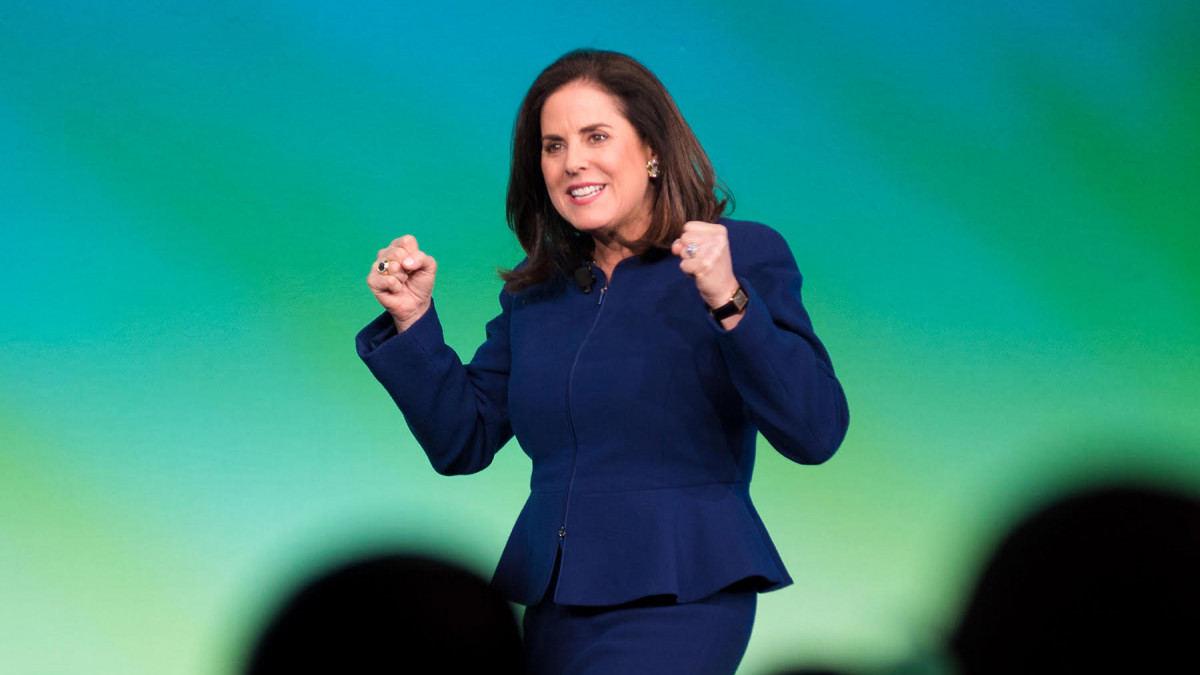 Jan Risi ’81: Transforming a mom-and-pop into a competitor
Jan Risi ’81: Transforming a mom-and-pop into a competitor Randy Dwenger ’80: Finding hope for troubled youths
Randy Dwenger ’80: Finding hope for troubled youths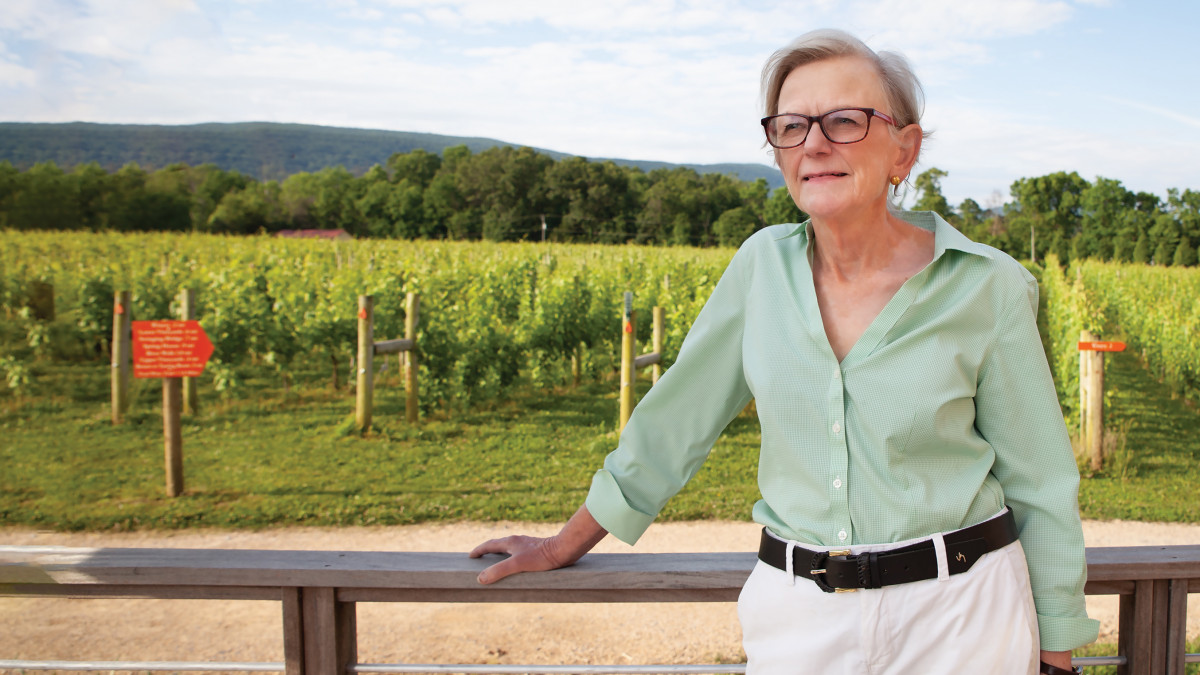 Sally Smerz Grooms Cowal ’66: Healing countries and people around the globe
Sally Smerz Grooms Cowal ’66: Healing countries and people around the globe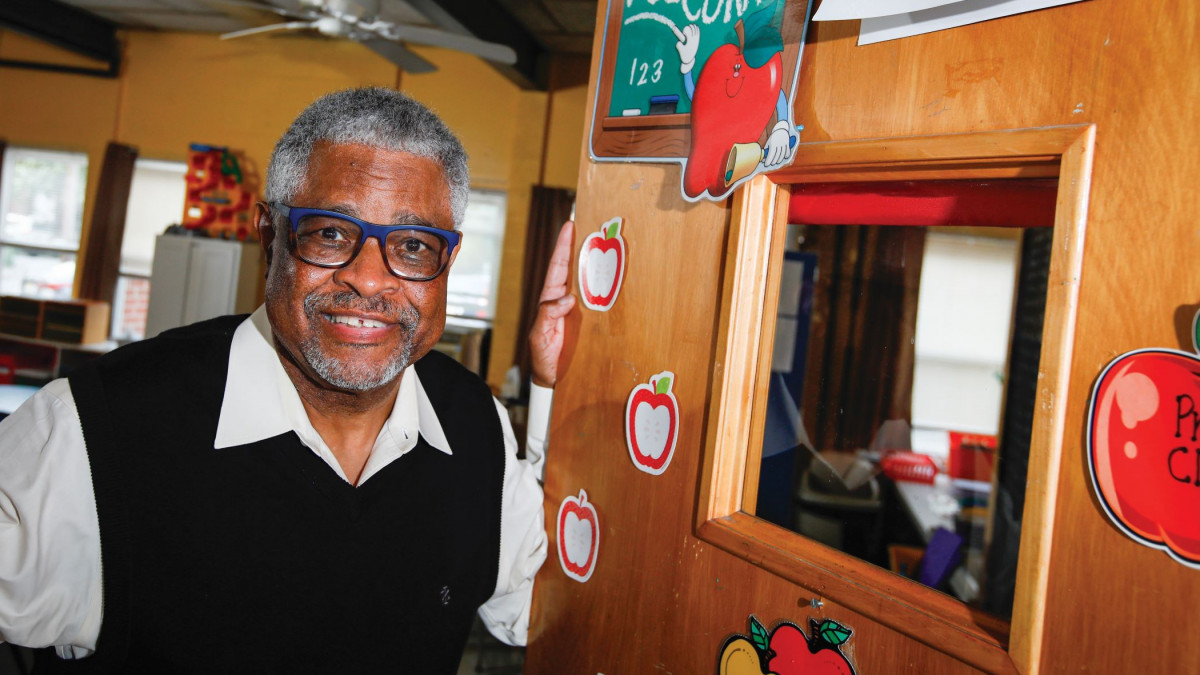 Edward Greene '71: Exploring how children learn
Edward Greene '71: Exploring how children learn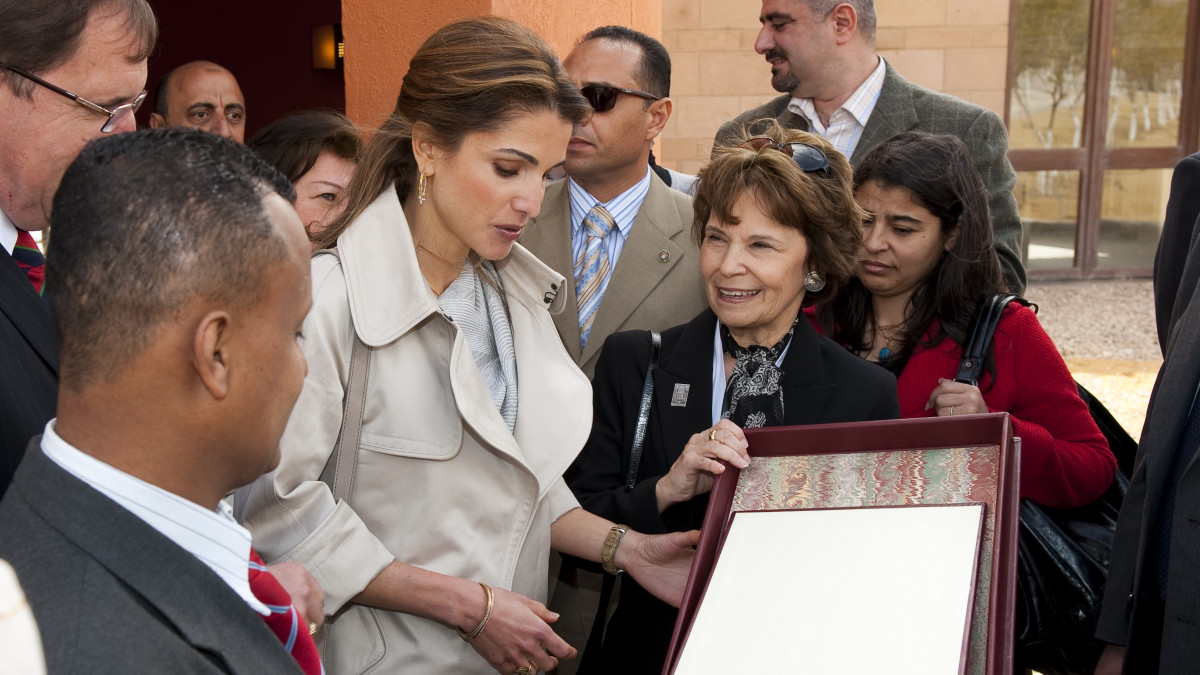 Barbara Lethem Ibrahim '71: Seeking justice in the Mideast
Barbara Lethem Ibrahim '71: Seeking justice in the Mideast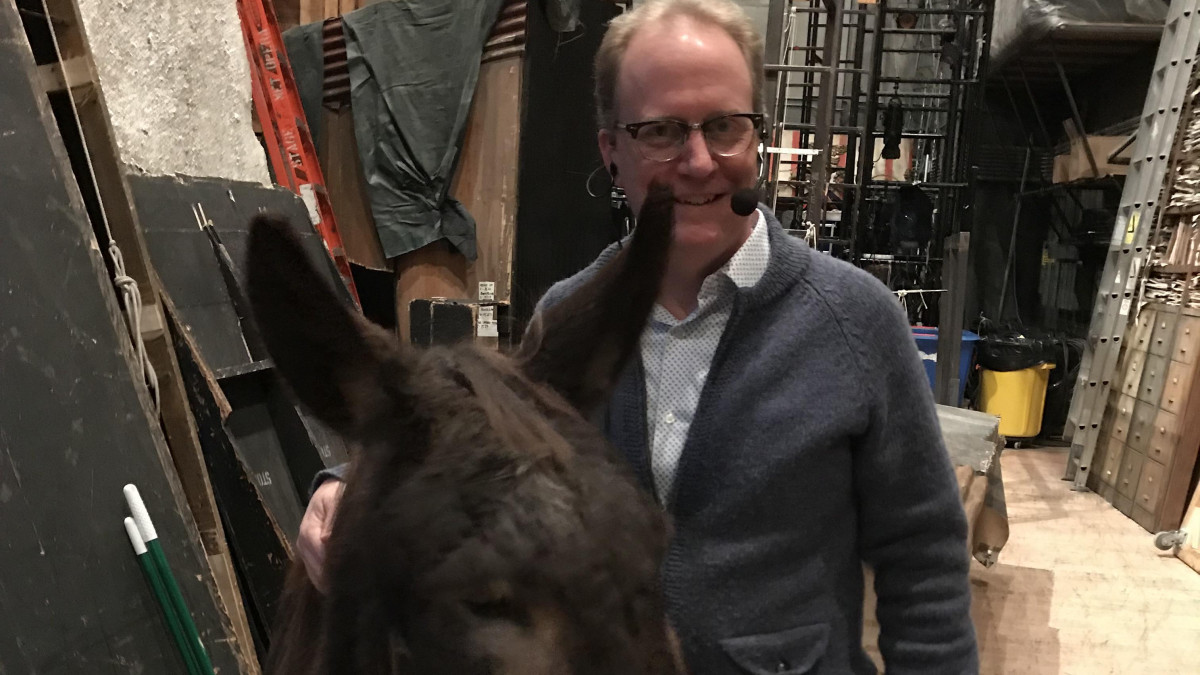 Scott Moon ’83: Staging the stars
Scott Moon ’83: Staging the stars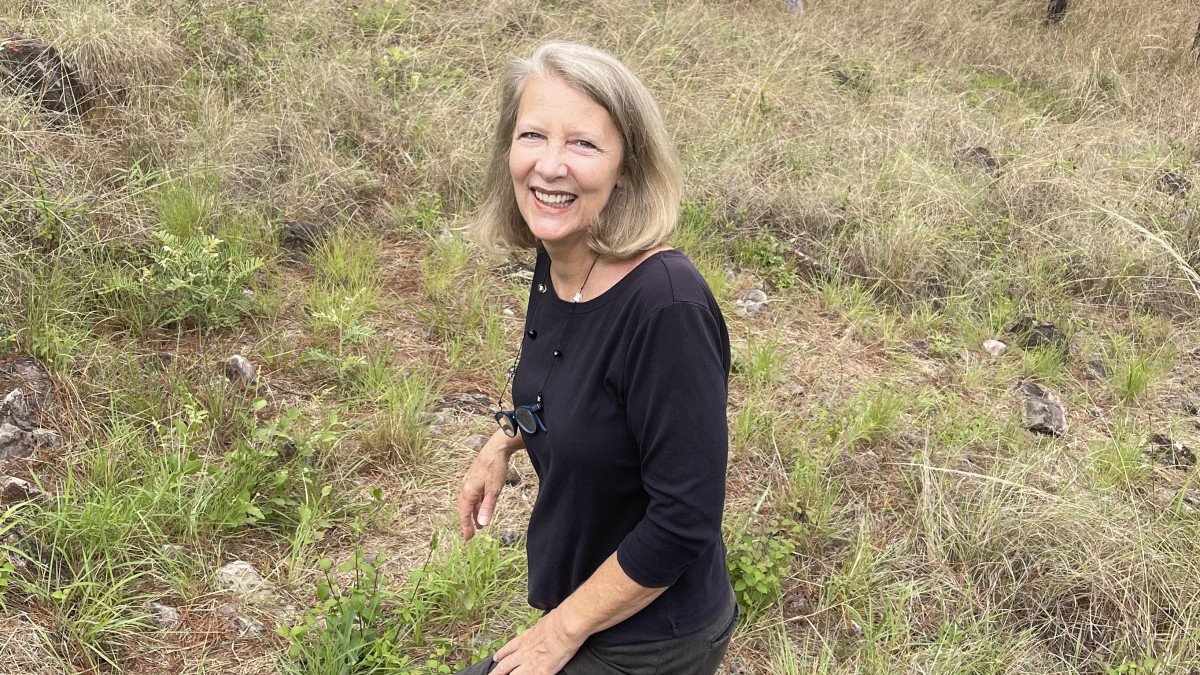 Betsy Hake ’79: Reaching out to outcasts
Betsy Hake ’79: Reaching out to outcasts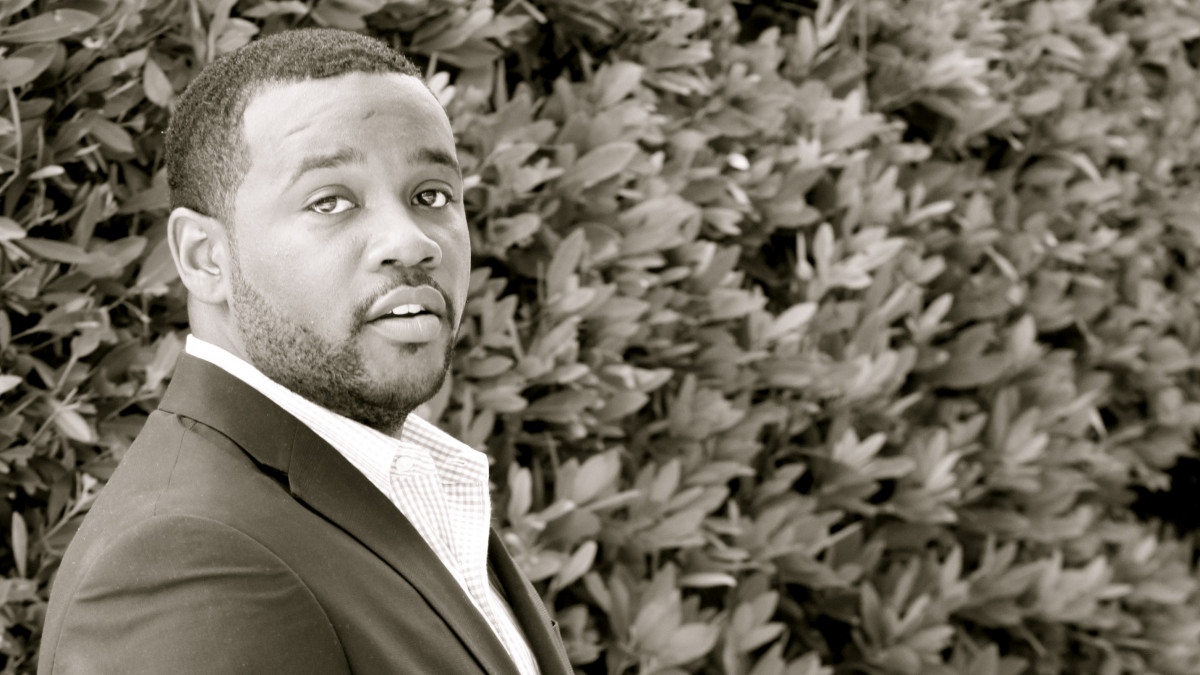 Edward Garnes '99: Serving sweet tea for the troubled mind
Edward Garnes '99: Serving sweet tea for the troubled mind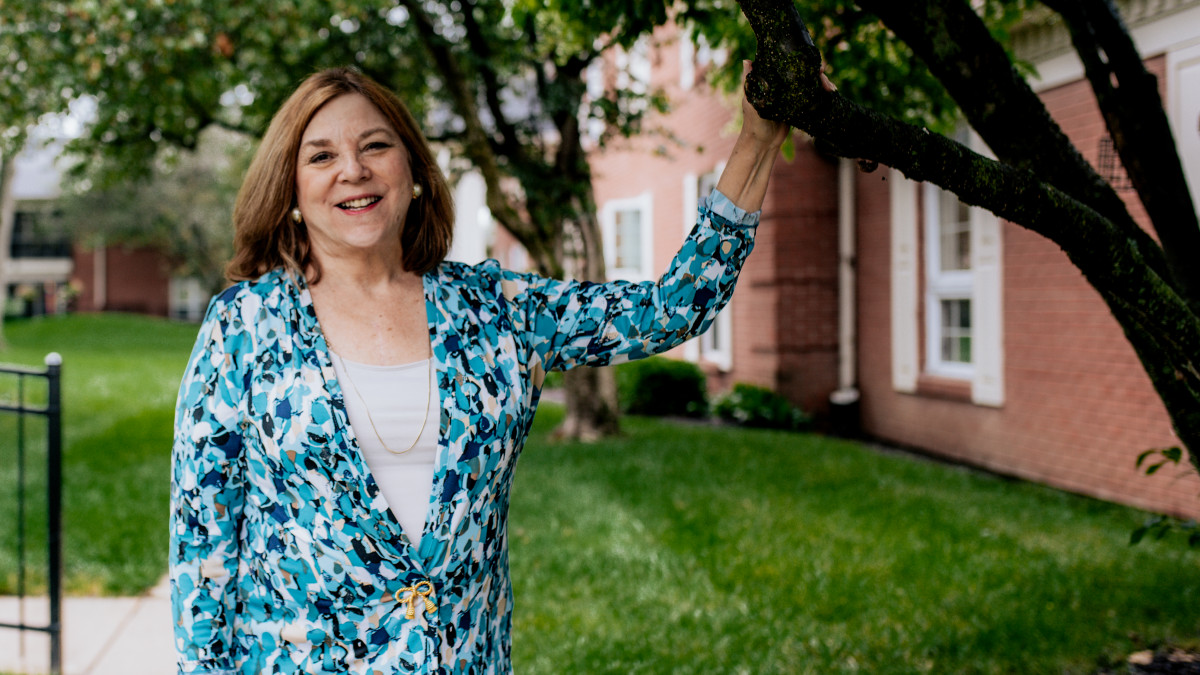 Melissa Martin ’71: Breathing life into small towns
Melissa Martin ’71: Breathing life into small towns The Solution Seekers: Using grit to save one starfish at a time
The Solution Seekers: Using grit to save one starfish at a time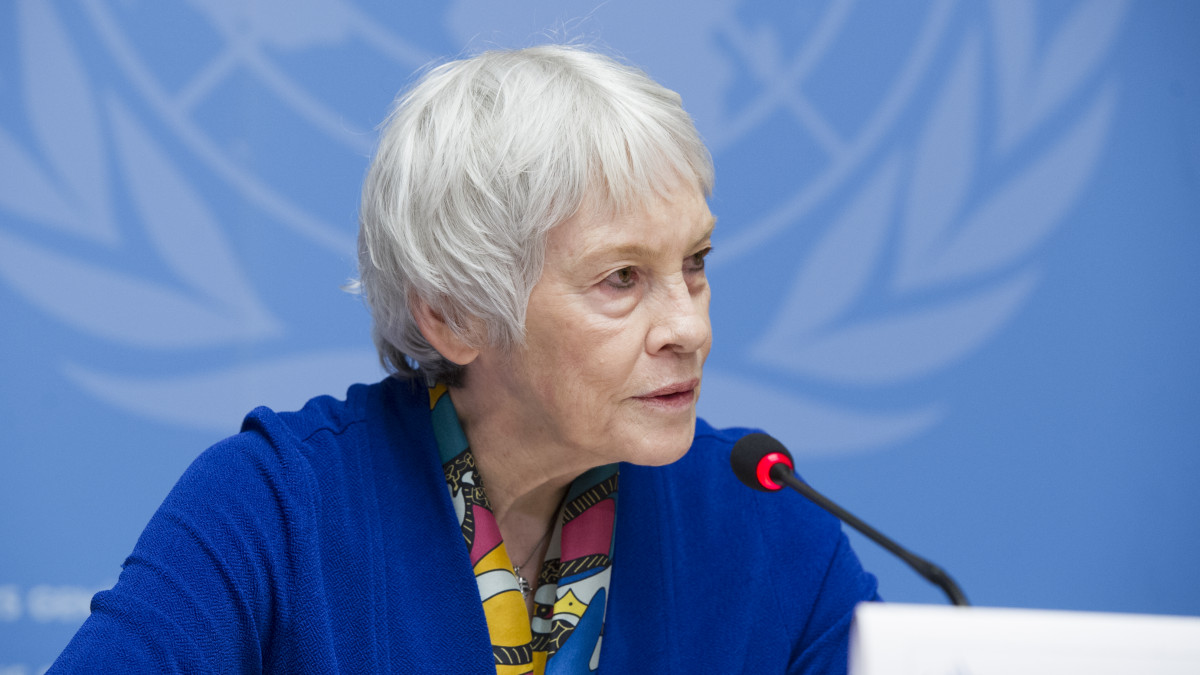 Karen Koning AbuZayd ’63: Rescuing refugees
Karen Koning AbuZayd ’63: Rescuing refugees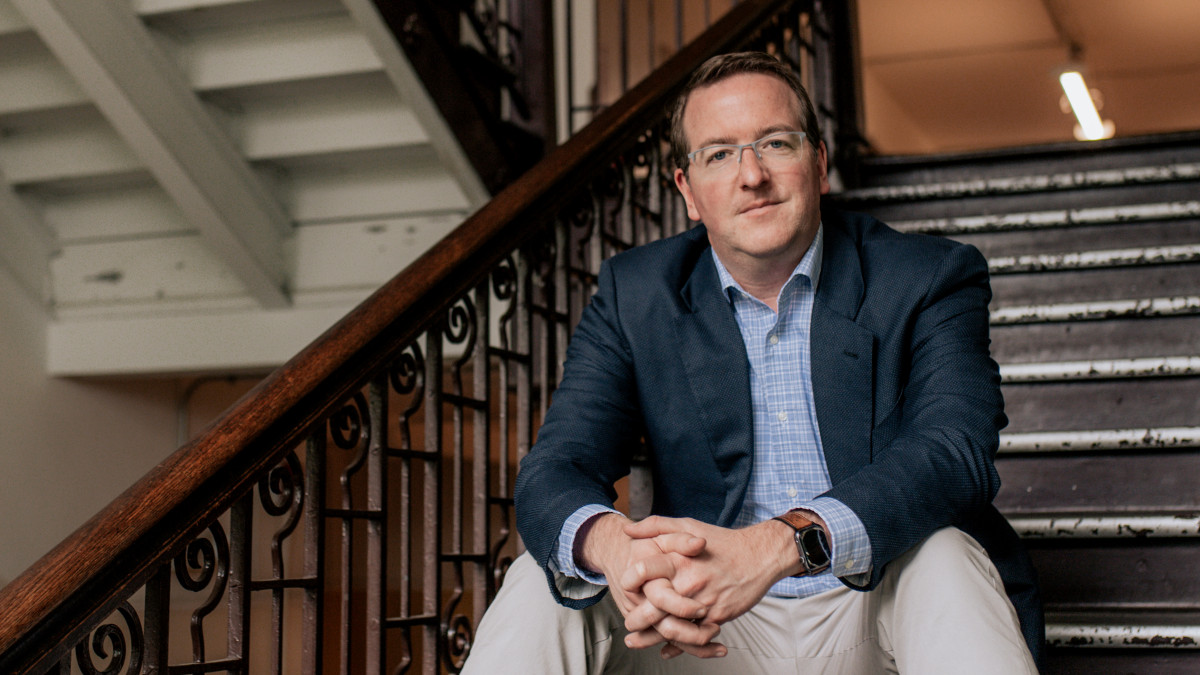 Nathan Hand ’03: Lending help to worthy causes
Nathan Hand ’03: Lending help to worthy causes DePauw’s gold shines as White is inaugurated as president
DePauw’s gold shines as White is inaugurated as president DePauw Magazine: The Solution Seekers
DePauw Magazine: The Solution Seekers
DePauw Stories
A GATHERING PLACE FOR STORYTELLING ABOUT DEPAUW UNIVERSITY
Browse other stories
-
Athletics
-
Men's Lacrosse - Martay Earns NCAC Athlete of the Week Honors
-
Women's Tennis - Top-Ranked Bears Blank Tigers
-
Women's Swimming & Diving - Women’s Swimming & Diving Finish 3rd at NCAC Championships
More Athletics
-
-
News
-
Francesca Seaman Speaks the Language of Mentorship
-
DePauw Announces $10 Million Matching Challenge for Student Scholarships
-
DePauw University Remembers Esteemed President Emeritus Robert G. Bottoms
More News
-
-
People & Profiles
-
Empie, Party of Five: One Family’s Unique DePauw Bond
-
Entrepreneurs Eric Fruth ’02 and Matt DeLeon ’02 Are Running More Than a Business
-
Rick Provine Leaves Legacy of Leadership and Creativity
More People & Profiles
-
-
Have a story idea?
Whether we are writing about the intellectual challenge of our classrooms, a campus life that builds leadership, incredible faculty achievements or the seemingly endless stories of alumni success, we think DePauw has some fun stories to tell.
-
Communications & Marketing
101 E. Seminary St.
Greencastle, IN, 46135-0037
communicate@depauw.eduNews and Media
-
News media: For help with a story, contact:
Bob Weaver, Senior Director of Communications.
bobweaver@depauw.edu.